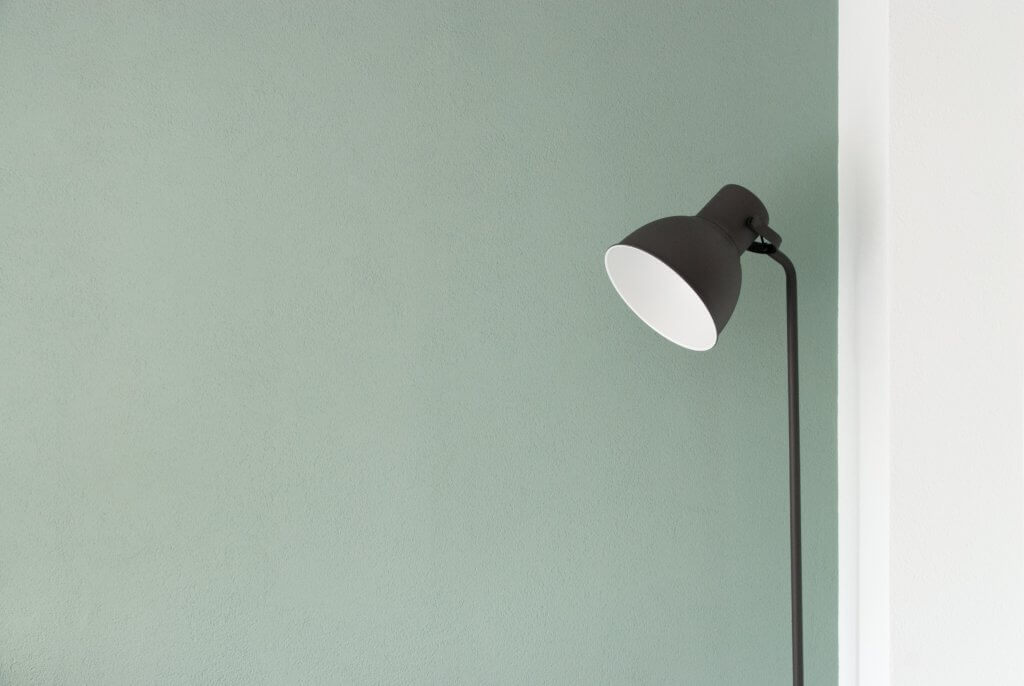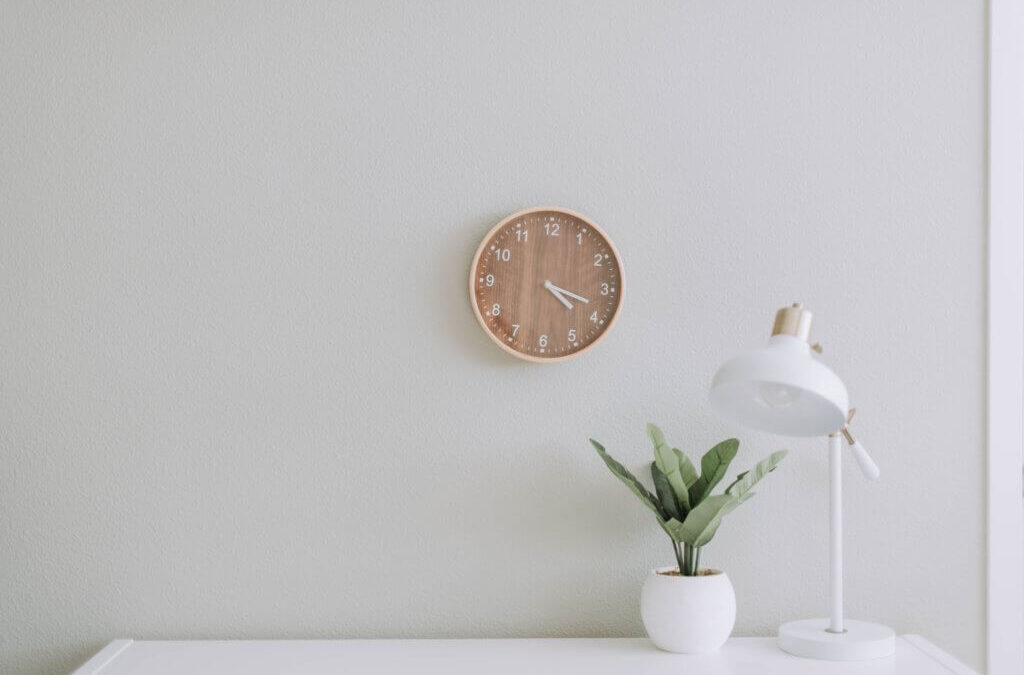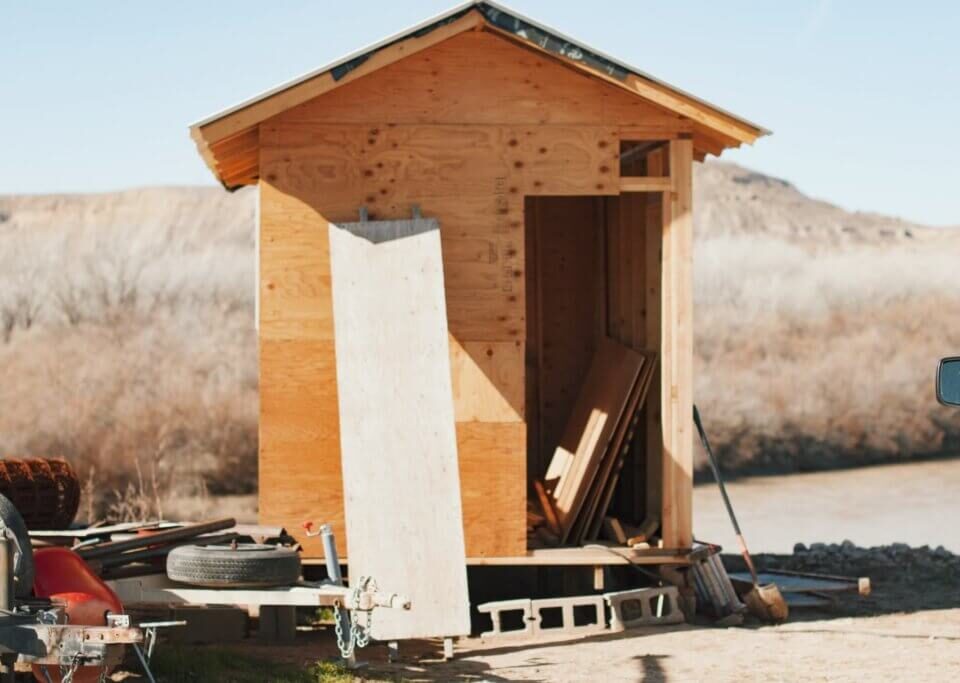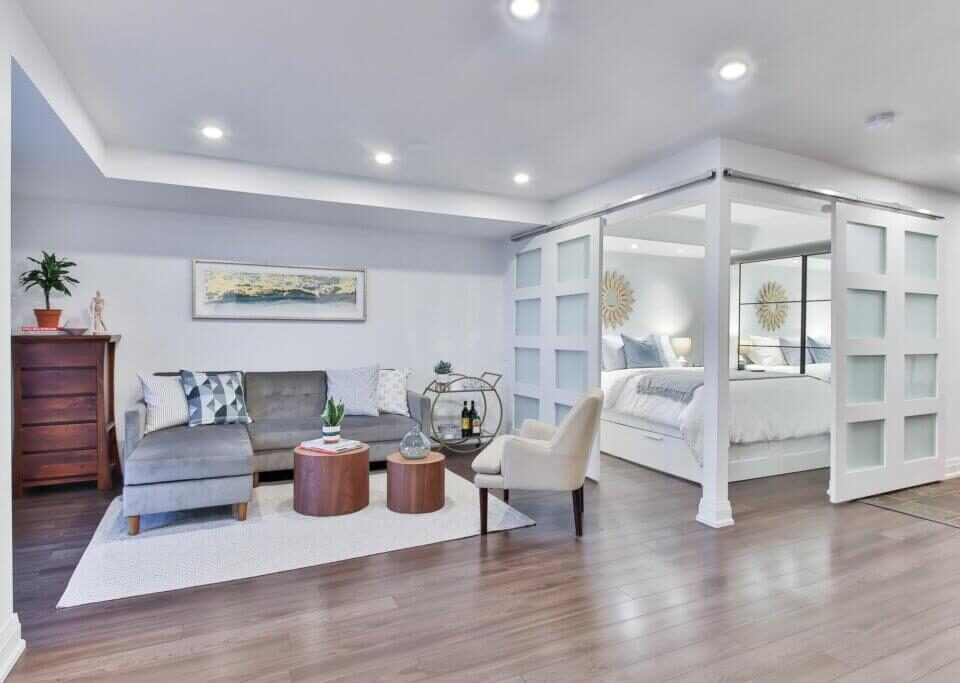
Tips To Consider When Choosing an Extension Specialist in London
January 22, 2021
How To Build An Under Garden Basement in London
January 22, 2021Noise complaints in London are up a staggering 86% since last year. And noisy neighbours are just one of many noise pollution issues making homeowners want to know how to soundproof a room. If you’ve thought about soundproofing your home in London, this guide will show you how to make walls soundproof.
Benefits Of Soundproofing
1. Privacy
Everyone wants a peaceful, quiet place to unwind and relax at the end of a busy day. But when you can hear muffled conversations from noisy neighbours, music pumping, or even traffic driving past, your privacy goes out the window.
Knowing how to soundproof a wall from noisy neighbours and other irritating noises will give you back your valuable privacy.
2. Improve Health
The World Health Organisation (WHO) estimates over 1 billion people suffer from hearing impairment or loss globally. A major factor contributing to this is persistent exposure to unwanted noise.
With a massive 10% of the global population exposed to excess noise, this is something that needs to be addressed. Soundproofing your walls reduces exposure to unwanted noise and gives you a peaceful space to recharge.
3. Improve Your Quality of Life
Soundproofing your walls can drastically improve your quality of life. If you’re currently plagued by the droning sounds of traffic outside your window, soundproofing will let you get a sound night’s sleep.

Mistakes To Avoid When Soundproofing
When it comes to soundproofing walls, here are the most common mistakes to avoid:
1. Buying Any Soundproofing Material
There are many different types of soundproofing material that work best for different noise pollution issues. You need to understand the cause of your noise pollution in order to get the right materials.
Some noise variables to bear in mind are:
- The pitch (e.g. birds chirping)
- The loudness
- Where the noise comes from (e.g. through an adjoining wall)
- If the noise is continuous (e.g. busy traffic on a main road)
2. Using Ineffective Materials
Some materials are used for soundproofing that don’t stop sound pollution at all. In fact, using the wrong materials could make the problem worse.
Here are some materials that are useless:
- Cardboard
- Carpet
- Thermal insulation fibreglass
- Rubber
- ‘Soundproofing’ paint
- Pointed foam sometimes found in recording studios

3. Not Consulting an Expert for Installation
When installed incorrectly, soundproofing is not only a costly mistake but can actually make the problem of noise pollution worse.
For this reason, it’s best to consult a professional who will be able to give you expert advice on the best materials and techniques for your specific problem.
Know Your Wall
Soundproofing techniques will differ depending on the type of wall you have. Here are the different types of wall so you can figure out what you’re working with.
Load Bearing Walls
A load bearing wall is structurally integral and helps to support the upper floors of your home. Load bearing walls tend to run perpendicular to floor joists but in the same direction as the ridge of the house.
Non-Load Bearing Walls
A non-load bearing wall isn’t integral to the structure of the house. Usually, these are interior walls that divide rooms. They are built much lighter than load-bearing walls and can be identified by the joists and rafters.

Cavity Walls
A cavity wall is made of two masonry wythes known as the internal and external leaf. This type of wall gives good soundproofing when sealed airtight. They also give better thermal insulation than solid walls.
Partition Walls
Partition walls are secured to the floor and ceiling and although it is integral to the structure of the house, it is strong enough to carry a load.
How Much Does Soundproofing Walls Cost?
The cost of soundproofing depends on several factors:
- What type of wall do you have? Is it solid brick, cavity, etc.?
- How loud is the noise pollution?
- How large is the area you need soundproofed?
- What needs to be soundproofed? (e.g. wall or floor soundproofing)
These questions will affect the cost of materials and time needed to complete the job. On top of this, an expert will charge around £500 per day for a two man team.

Soundproofing An Existing Wall
One of the main questions we get is how to add soundproofing to existing walls. It’s incredibly easy to soundproof existing walls without losing precious square footage.
The easiest fix is professionally sealing the area where noise is coming through. This takes up no extra space and is a quick solution. If this is not sufficient, soundproofing panels are added that don’t take up space in your room.
Interested in Soundproofing Your Home?
Soundproofing your home is one of the best things you can do for yourself and your family, especially if you’re living in a busy area. Let us help you with that!




